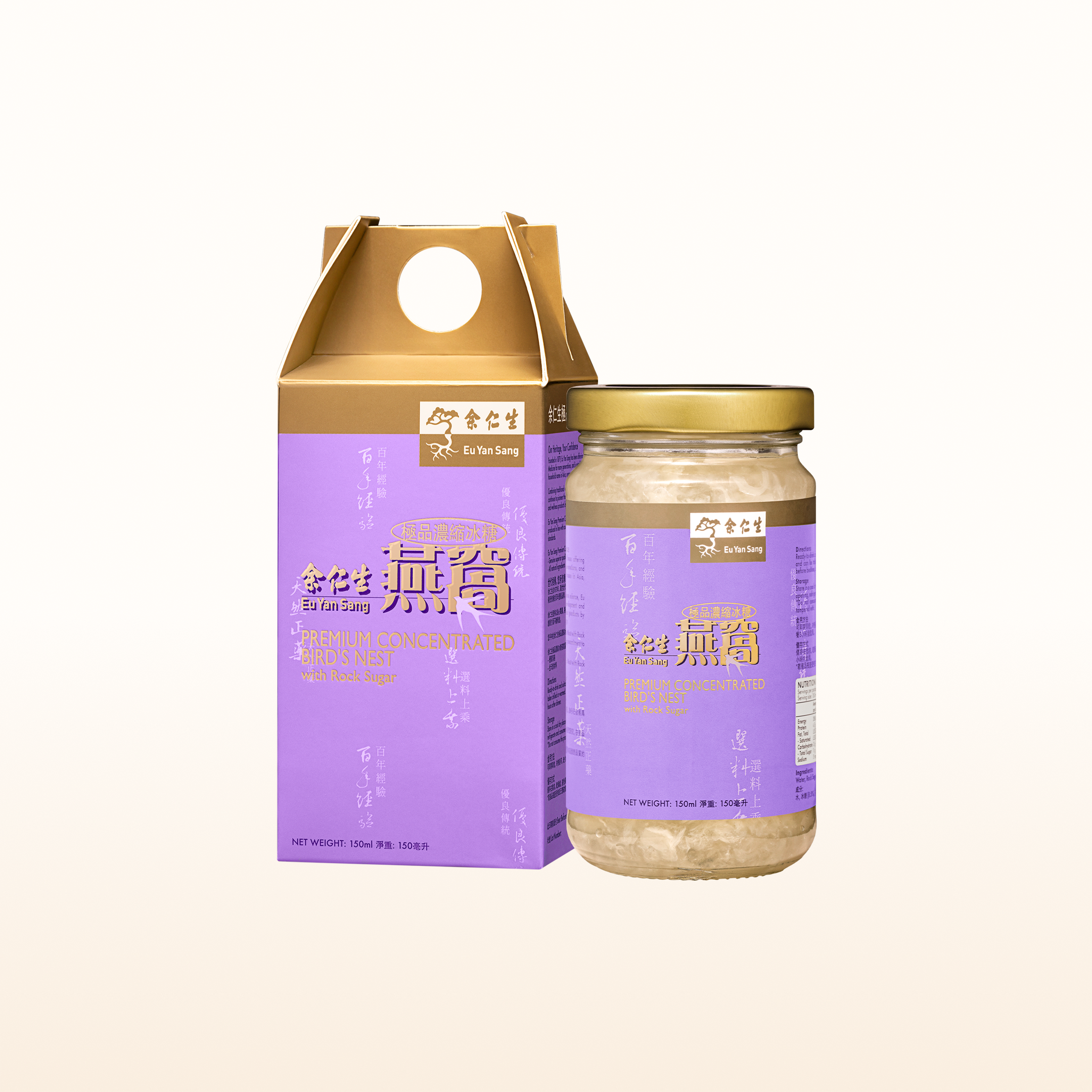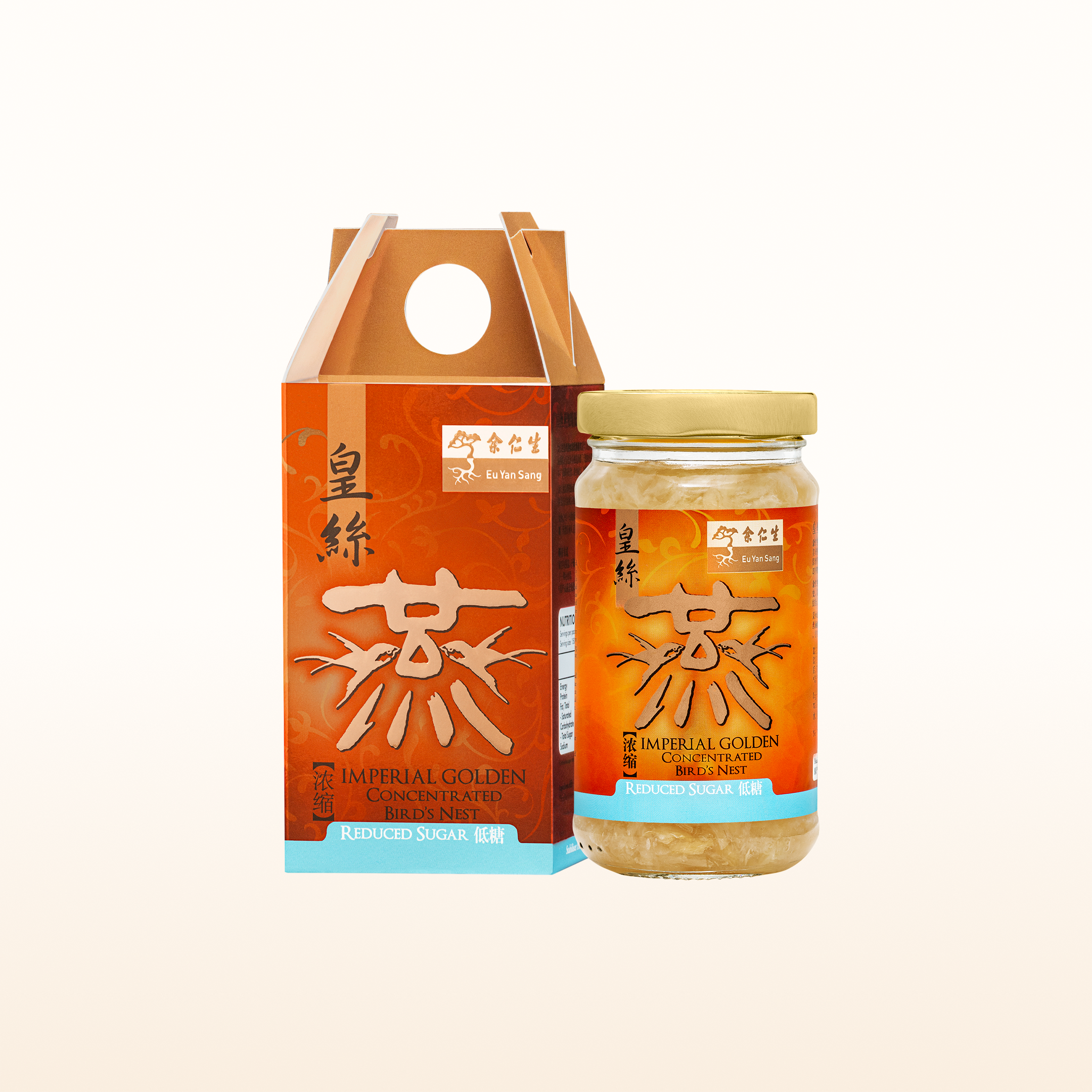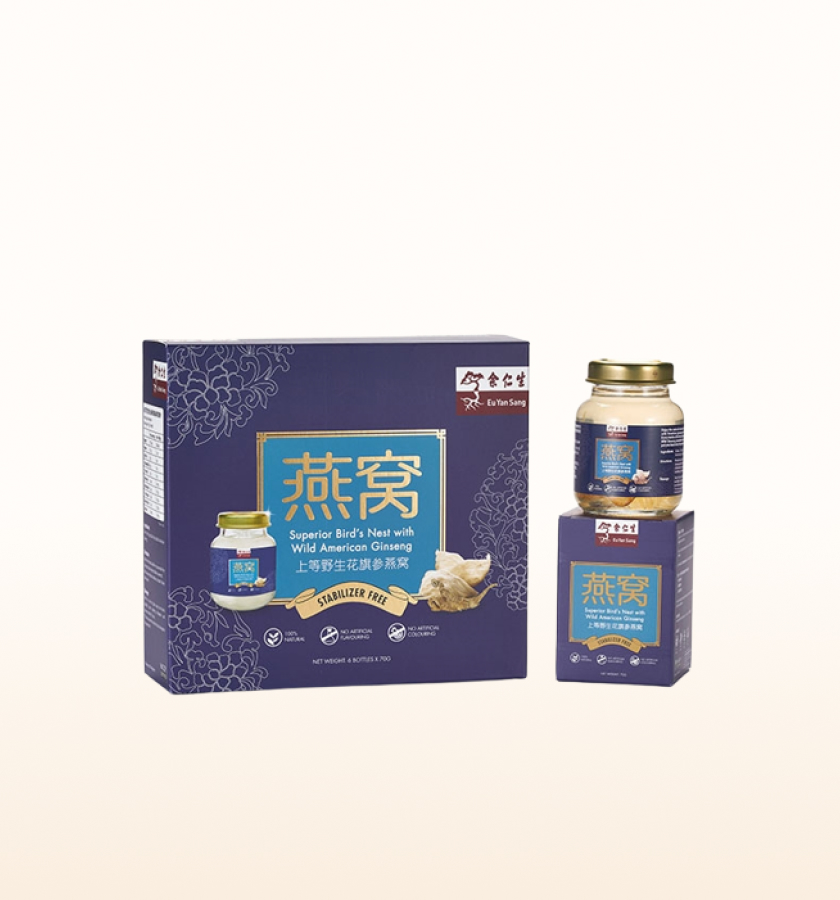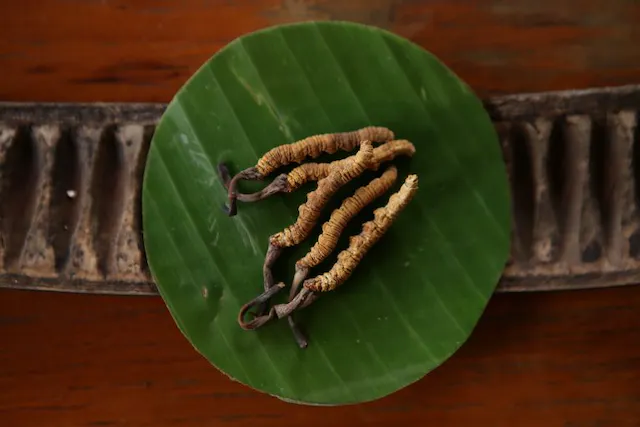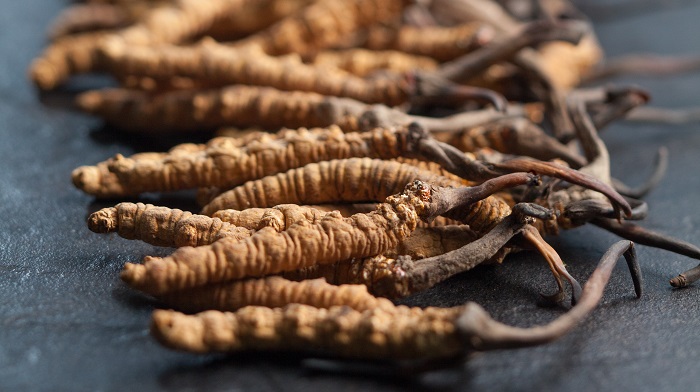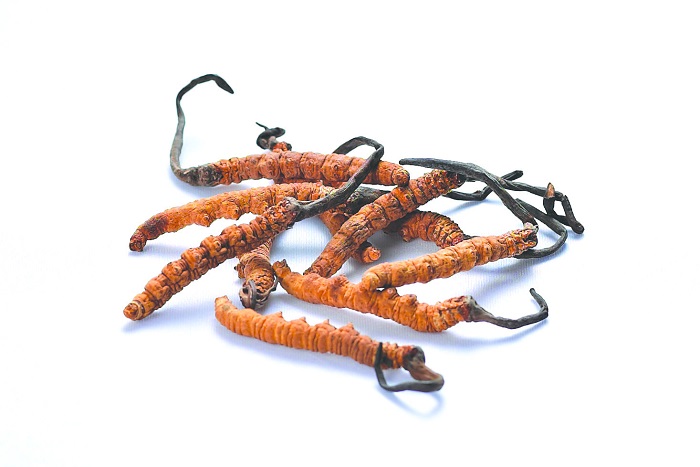DASH Diet
How The DASH Diet Plan Can Lower Your Blood Pressure
Posted on 7 Nov 2022

High blood pressure is a huge problem in America that’s only getting worse. According to the Centers for Disease Control and Prevention, 47%, or 116 million Americans have high blood pressure, also known as hypertension. Blood pressure is the amount of pressure that blood places against the walls of arteries. Everyone experiences ups and downs with their blood pressure. However, issues such as heart disease and stroke can arise if your blood pressure stays high for too long. Thus, when the blood pressure is high, it causes the heart to work harder and prevents kidney functioning. Factors contributing to hypertension are complex, ranging from genetics, environmental factors to your nutrition.
However, one way to lower your blood pressure is to follow the Dietary Approaches to Stop Hypertension or The DASH diet. Ranked as among the best and healthiest diets for hypertension, the DASH diet allows you to enjoy your favorite foods with some simple modifications.
Read on and learn more about this diet and some practices to keep your blood pressure in check.
What is the DASH Diet?
Scientists first demonstrated the effectiveness of the DASH diet to lower LDL cholesterol levels in 1996 by the American Heart Association. This was published in 1997 and adapted in “Dietary Guidelines for Americans” in 2010.
Significantly, the DASH diet is now recognized as an effective and easy plan to reduce blood pressure. With some small changes, you can manage your blood pressure and keep serious diseases at bay.
The DASH Diet Meal Plan Basics
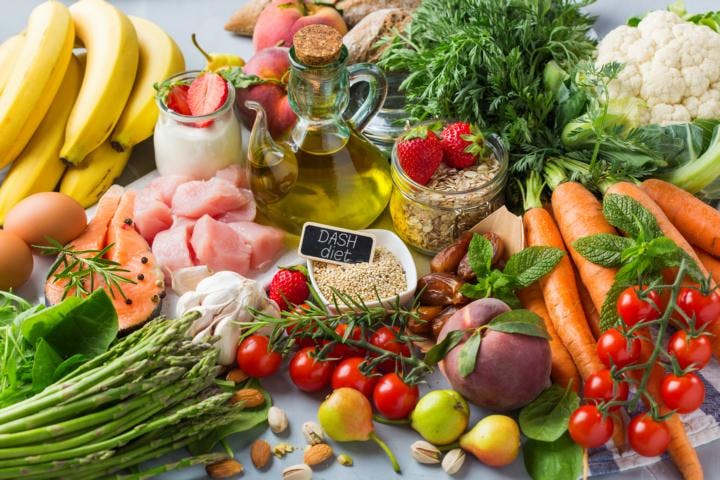 The DASH diet requires you to lower your sodium intake and consume high-fiber vegetables.
The DASH diet requires you to lower your sodium intake and consume high-fiber vegetables.This diet is a flexible and well-balanced eating plan. For this reason, it is not designed to be restrictive or include the use of expensive ingredients to comply with the dietary plan. You simply have to follow a few basics that consist mainly of consuming vegetables, fruits, lean meats, and low-fat dairy products. In addition, you can consume whole grains, lean fish or poultry, legumes, and nuts.
The DASH diet plan includes the following:
- Consuming low amounts of sodium (2,300 milligrams per day or 1 teaspoon of table salt; a more restrictive version of the diet limits sodium to 1,500 milligrams per day)
- High-quality protein (almond, eggs, fish, soy, lean meats, and low-fat milk)
- Low-fat food content and avoiding saturated and trans-fats
- Low-fat dairy products
- High-quality carbohydrates (apples, beans, pears, peas, and green vegetables)
- High-fiber fruits and vegetables
- Nuts and seeds
- Being rich in other micronutrients (calcium, magnesium, and potassium)
- Lead a healthy lifestyle (daily, exercise, maintain a healthy weight, sleep well, less stress, limit alcohol consumption, and quit smoking)
In general, if you’re considering or currently on a DASH diet, you should avoid these foods:
- Full cream dairy products or fatty meats
- Sugar-sweetened beverages
- Candies and sweets
- Processed food and beverages with high sodium content
Sample DASH Diet Meal, Based on the U.S. National Institute of Health
Although it might seem bland, your palate will adjust and might even prefer it over time. Be consistent and follow the guidelines established by your doctor. Below, you’ll find a sample of a 2,000 calorie DASH-focused diet:
- Grains: 6-8 servings
- Meat, poultry, and fish: 6 or less servings
- Vegetables: 4-5 servings
- Fruits: 4-5 servings
- Low-fat or fat-free dairy products: 2-3 servings
- Fats and oil: 2-3 servings
- Sodium: 1,500 mg – 2,300 mg
- Nuts, seeds, dry beans and peas: 4-5 servings
- Sweets: 5 servings or less
DASH Diet and Traditional Chinese Medicine
 A diet rich in vegetables can greatly benefit the body and help lower your blood pressure.
A diet rich in vegetables can greatly benefit the body and help lower your blood pressure.Traditional Chinese Medicine (TCM) does not have a record of hypertension as a disease. However, there are records of “vertigo”, “headache”, “chest pain,” and “stroke,” which reflect symptoms similar to hypertension.
“TCM considers hypertension as a blood circulation disorder, leading to heart disorder and also poor spleen, liver or kidney functions. Moreover, conditions like vertigo and headaches are believed to be caused by disturbances to qi and blood circulation. Therefore, a proper diet is essential to improve qi and blood flow in the body,” says Chief TCM Physician Chu I Ta at Real Health Medical clinic in Singapore.
An ancient Chinese medical textbook called “Huangdi Neijing” recommends five grains provide nourishment, five fruits provide support, five domestic animals provide enrichment, five vegetables provide the filling. This is probably the first dietary guideline in the world that fulfills our body’s nutritional needs and perfectly coincides with the concept of the DASH diet.
The diet consists of foods rich in potassium, calcium, and magnesium. Some examples are green vegetables like Swiss chard and black beans containing potassium. Kale, okra, and chia seeds contain calcium. Magnesium is found in spinach, cashews, and almonds.
The mineral compounds have similar health substances as the ancient text elaboration of the foods that keep your body healthy. Physician Chu explains, “Green influences the liver to restore and regulate the blood, and red goes into the heart to propel the blood. Furthermore, yellow influences the spleen (pi) to govern the blood, while white goes into the lungs to move qi to enhance blood circulation. Black influences the kidneys to store essence for the blood.”
Snacking on the DASH Diet
You can enjoy mini-meals and snacks on this plan with nuts, fruits and vegetables, and low-fat dairy products. Pay attention to food labels on this diet plan. Therefore, focus on herbs and natural flavors such as garlic, onions, basil, dill, rosemary, and more to add a rich taste to your food. When eating at a restaurant, ask your waiter if dishes can be made without added salt or MSG, know the terms for added salt. Additionally, limit condiments, and don’t use added salt on the table.
In TCM, edible bird’s nest (yan wo) is a protein-rich snack that is also low in carbohydrates and practically zero fat content. Potassium, calcium, and magnesium are among the top mineral micronutrients found in bird’s nest. Consequently, you can indulge in a small concentration of rock sugar syrup as a treat on this plan. Other traditional treats that fit with the DASH dietary requirements are snow fungus (bai mu er) or goji berries (gou qi zi).
Alternatively, drinking herbal infusions may help lower your blood pressure. Chrysanthemum tea helps restore liver balance and nourishes the eyes. Steep 5-10 flowers in 2 to 4 cups of boiling water for 15-20 minutes. To improve digestion, promote qi circulation, and resolve stasis, try a hawthorn berry infusion. Incredibly, this gives the effect of relaxing as it widens the blood pressure and lowers the blood glucose. For this formula, boil 2 -4 cups of water and add 2 tablespoons of hawthorn berry in the water for 15-20 minutes.
However, when interested in adding teas consult a TCM physician about your specific dosages.
More Benefits of the DASH Diet
Additionally, the DASH diet reduces LDL cholesterol, cardiovascular diseases, diabetes, kidney disease, and gout. Furthermore, it can even be a part of a weight loss regime. The general tips for maximizing the benefits of this diet are to eat smaller portions of food more frequently, reduce your sodium, and switch high-calorie snacks with healthier ones like fruits or vegetables.
In addition to this diet, it is important to add physical exercise to your life. The U.S. National Institute of Health suggests 15-30 minutes of moderate-intensity physical activity, based on your blood pressure levels. This includes brisk walking, jogging, or swimming.
As you can see, the DASH diet is worth trying if you are suffering from high blood pressure. Furthermore, those interested in this plan should consult with a nutritionist or health practitioner for the best meal plan for their specific needs.
